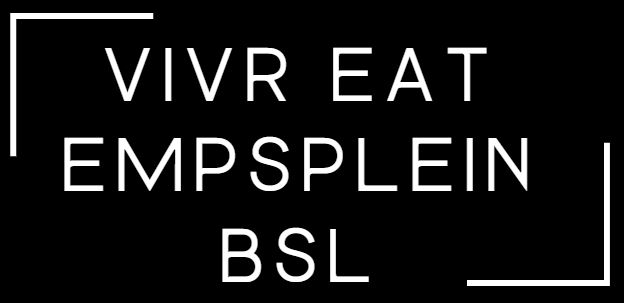Self-improvement is a journey of personal growth and development that can lead to a more fulfilling and meaningful life.
In Canada, as in many other parts of the world, people are constantly seeking ways to better themselves and break free from limiting habits and behaviours.
This article will explore the art of self-improvement, offering insights and strategies for those looking to embark on this transformative journey.
Self-improvement is not a one-size-fits-all concept. It encompasses a wide range of activities and practices that help individuals enhance their mental, emotional, and physical well-being.
Whether you want to break bad habits, boost your self-confidence, or achieve personal goals, the path to self-improvement begins with a willingness to grow and change.

The Benefits of Self-Improvement
Increased Self-Awareness
Self-improvement encourages introspection and self-reflection, helping you gain a deeper understanding of your strengths and weaknesses.
Enhanced Confidence
Achieving personal goals and overcoming challenges can boost your self-confidence and self-esteem.
Better Relationships
Improved communication skills and emotional intelligence can lead to healthier and more fulfilling relationships with others.
Reduced Stress
Self-improvement practices like mindfulness and stress management techniques can reduce anxiety and promote overall well-being.
Greater Resilience
Building resilience through self-improvement allows you to bounce back from setbacks and adversity with greater ease.
Strategies for Self-Improvement
1. Set Clear Goals
- Identify specific and achievable goals that you want to work towards.
- Break these goals down into smaller, manageable steps.
2. Break Bad Habits
- Recognize and acknowledge any negative habits or behaviours that are holding you back.
- Create a plan to replace these habits with healthier ones.
3. Learn Continuously
- Expand your knowledge and skills through reading, courses, and seeking new experiences.
- Lifelong learning is a key aspect of self-improvement.
4. Practice Mindfulness
- Mindfulness meditation can help you become more present and aware of your thoughts and feelings.
- It can reduce stress and improve your ability to manage emotions.
5. Seek Support
- Don’t hesitate to seek support from friends, family, or a therapist.
- Talking about your goals and challenges can provide valuable insights and encouragement.
6. Take Care of Your Physical Health
A healthy body supports a healthy mind. Prioritize regular exercise, a balanced diet, and adequate sleep.
7. Embrace Failure
- Understand that setbacks and failures are a natural part of the self-improvement journey.
- Use them as opportunities for growth and learning.
Breaking Bad Habits
Breaking bad habits is often a crucial step in the self-improvement process. Here are some tips for overcoming detrimental behaviours:
Identify Triggers
Recognize the situations or emotions that trigger your bad habits.
Understanding the root causes can help you address them more effectively.
Replace with Positive Habits
Instead of focusing solely on quitting a bad habit, replace it with a healthier one.
For example, if you’re trying to quit smoking, replace the habit with exercise or a stress-relief technique.
Set Realistic Goals
Don’t expect to eliminate a bad habit overnight.
Set realistic goals and track your progress.
Seek Accountability
Share your goals with a friend or family member who can hold you accountable.
Consider joining a support group or seeking professional help if needed.
Conclusion
Self-improvement is a lifelong journey that involves continuous learning, growth, and self-discovery. It’s an art that allows individuals to break bad habits, set free from limitations and become the best versions of themselves.
As you embark on your self-improvement journey, remember that it’s okay to seek support and embrace setbacks as opportunities for growth. The path to self-improvement is not always easy, but the rewards in terms of personal fulfillment and well-being are worth the effort.
Ready to take the first step on your journey to self-improvement? Explore self-help books, workshops, and resources available in your area.
Consider seeking the guidance of a professional coach or therapist who can provide tailored support and strategies for your unique goals.
Break free from limiting habits and unlock your full potential today!

